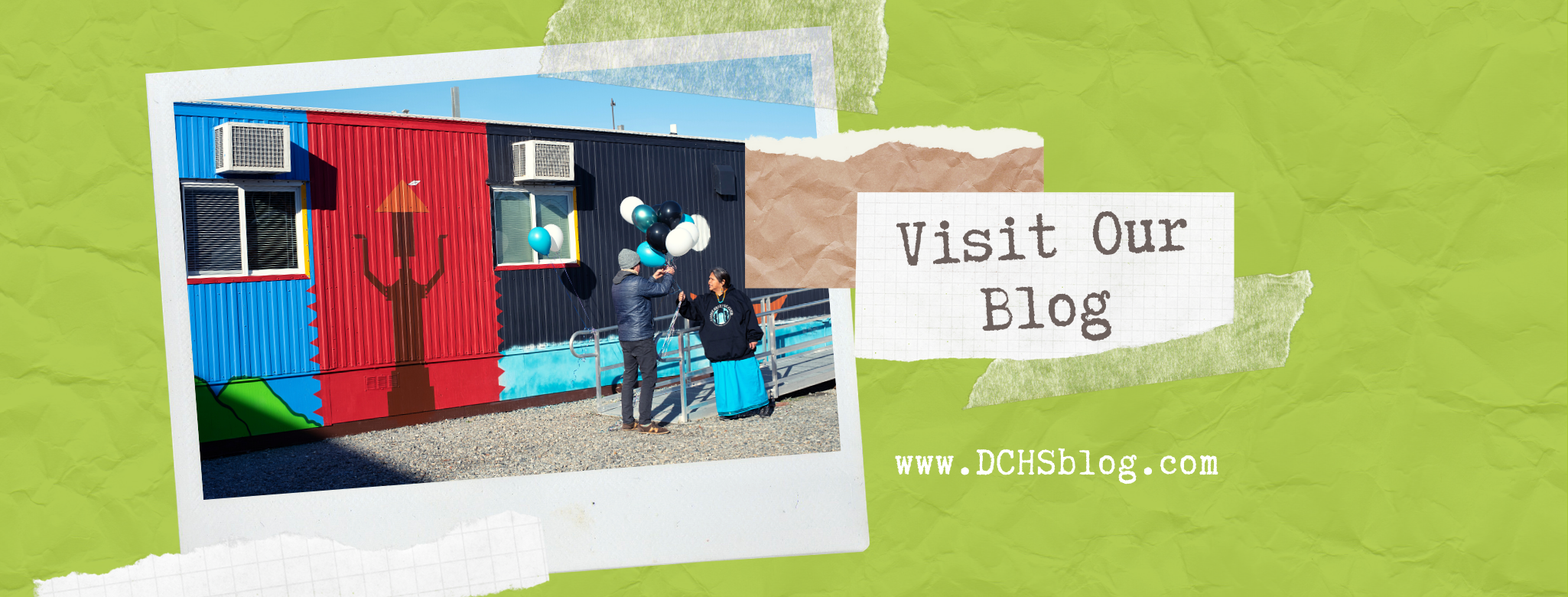Housing and Residential Services
Behavioral Health and Recovery Division
.ashx?la=en&hash=A03670A035170D06F19A135FDF52CA73)
Everyone should have a safe and affordable place to live. For people with behavioral health needs, housing is an important part of recovery.
Research shows a person with stable housing is more likely to be engaged in their treatment and recovery process and less likely to use costly hospital and crisis response services.
Some of the contracted behavioral health providers of the King County Integrated Care Network (KCICN) own or manage affordable and subsidized housing for adults with mental illness. These transitional and permanent housing units are located throughout King County. Most of the housing units have a rental subsidy. Tenants pay approximately 30 percent of their income for rent and utilities. The level of care within housing services ranges from independent living to housing environments where staff are on-site and available 24 hours a day to provide support. Many of the providers use a supportive housing model that includes on-site independent living skills training and case management services.
To apply for housing: Unfortunately, there is not enough subsidized housing for everyone in need. Initially, you likely will be placed on a waitlist. Therefore, BHRD advises applying for housing with multiple affordable housing providers in King County.
Some community resources for assistance accessing housing include:
- Go to Crisis Connections or call the Crisis Connections Information Line at 211 to learn more about helpful resources.
- Contact a Regional Access Point (RAP) to connect with Coordinated Entry.
- King County Regional Homelessness Authority provides helpful information about housing resources.
- King County Housing Authority offers rental housing and rental assistance in many parts of King County.
- Seattle Housing Authority offers rental housing and rental assistance in Seattle.
- Renton Housing Authority offers rental housing and rental assistance in Renton.
BHRD also oversees a variety of behavioral health housing programs that can offer different types of housing support and services. More information about these programs, including information on program access and eligibility can be found here.
You can access the Housing and Recovery Through Peer Services (HARPS) Referral Form here. For more information about the HARPS program, please see the Behavioral Health Housing Handout linked above.
Mental Health Residential Treatment
KCICN providers also offer Medicaid funded specialized treatment services known as Mental Health Residential Treatment. These services are targeted to adults experiencing severe and persistent mental illness who need a higher level of support to remain stable in the community. Services are focused on an individual’s strengths and promote recovery, resiliency, and movement towards the least restrictive community treatment option. Services can include staff that are on-site 24 hours a day, 7 days a week, room and board, housing stabilization services, and medication monitoring.
The KCICN offers various Mental Health Residential Treatment options, based on medical necessity and treatment needs. Mental Health Residential Treatment is prioritized for individuals who are exiting or who are at risk of entering a psychiatric inpatient stay.
To apply for Mental Health Residential Treatment:
An individual can be referred to Mental Health Residential Treatment through a social worker from an inpatient hospital setting or from their outpatient behavioral health provider.
If you are not connected to an outpatient behavioral health provider and are interested in services, you can call the Client Services line to learn more at 206-263-8997 or 1-800-790-8049.

 Translate
Translate
